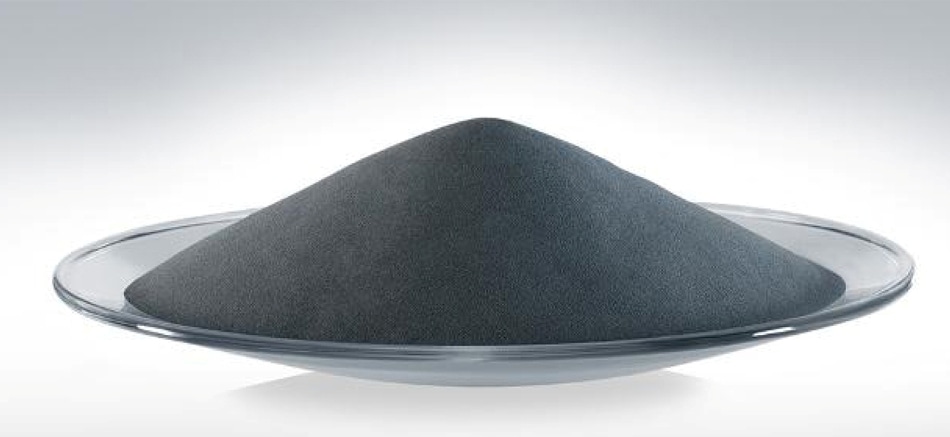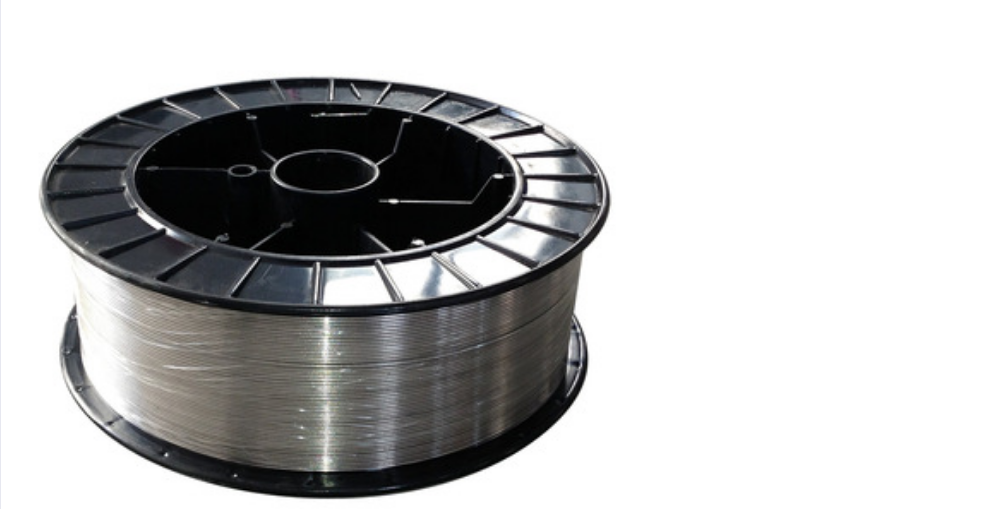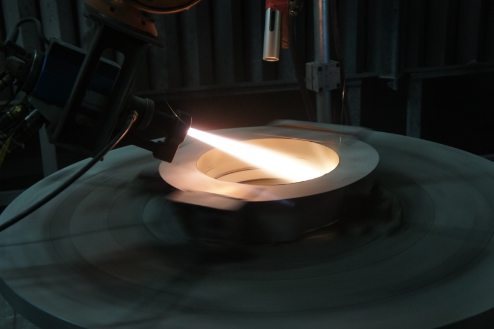Metals, alloys and composite powders commonly used in thermal
spray hardfacing technology and coating service. These unique powders are
instantly heated by thermal spraying (welding) methods such as high temperature
flame or explosive flame, and are sprayed and deposited on the cold or hot
workpiece surface with high-speed heat flow in a molten or semi-melted state to
form a surface Reinforcing layer, in order to improve the wear resistance,
corrosion resistance, heat resistance, oxidation resistance or repair of
external dimensions of the workpiece surface. XTC produces WC, CrC, Oxide
Ceramic, Boride Powder, Metal Alloy Powder, Pure Metal and Spray Wire, etc.
product. For HVOF/HVAF/plasma/Flame spray coating and applications. Meet the
wear and corrosion resistance requirements of different surfaces.
WC, CrC oxide ceramic powder and boride
products are excellent in wear resistance and high temperature corrosion
resistance. Taking WC products as an example, the hardness can reach
HV1300-1500, and the temperature of CrC products can reach 800 degrees Celsius.
Metal alloy powder, Pure Metal and Spray
Wire products have more applications in glass mold, steel and machinery
industries. And XTC products are now become more and more popular in Metal
spray coating and thermal spray coating industry.
Coating Service,Metal Spray Coating,Flame Spray Coating,Thermal Spray Coating Luoyang Golden Egret Geotools Co., Ltd , https://www.hvofpowders.com


·The import tariff reduction of auto parts has limited impact
In response to the tariff reduction of auto parts, a number of listed companies responded through an interactive platform for investor relations. Dongpu shares said that the country's reduction of import tariffs on complete vehicles and parts has no impact on the company; Baolong Technology said that tariff reduction has no direct impact on the company, and the resolution of related matters is conducive to the company's business in North America; Wolong According to Electric, the decline in import tariffs has no significant impact on the company's performance; Precision Forging Technology said that at present, the company's products exceed 20% of exports, indicating that the company's products have strong competitiveness, and the relevant tax rate policy has little impact.
BOC International said that the tax rate will be reduced to 6%, and the import cost of most parts and components is expected to decrease by 3.6%. In 2017, China's main imported auto parts include: gearboxes and their parts, engine parts, automotive lighting and signal devices, and automotive electronics.
The reporter learned from a number of listed companies involved in gearboxes, engine parts and automotive electronics business that the impact of tariff cuts on the business is not obvious.
A car analyst at a medium-sized brokerage said that tariff cuts have little impact on domestic component manufacturers because most of the auto parts have been localized, and only a few key components rely on imports. Domestically produced auto parts are at the mid-end, and imported auto parts are mainly high-end, belonging to different categories of competition.
Huatai Securities said that according to the data of China Merchants Research Institute, the total import value of China's auto parts in 2017 was about 37 billion US dollars. It can be estimated that the imported parts and components account for about 9% of the average material cost of the whole vehicle, that is, the proportion of domestically produced parts and components. About 91%.
CICC believes that for most parts and components, the decline in tariff rates cannot compensate for the increase in freight and insurance costs, so it still does not have import economy. The OEM will try to require the parts and components enterprises to set up factories nearby. The use of imported parts will lengthen the supply cycle and there is a risk of affecting the production schedule.